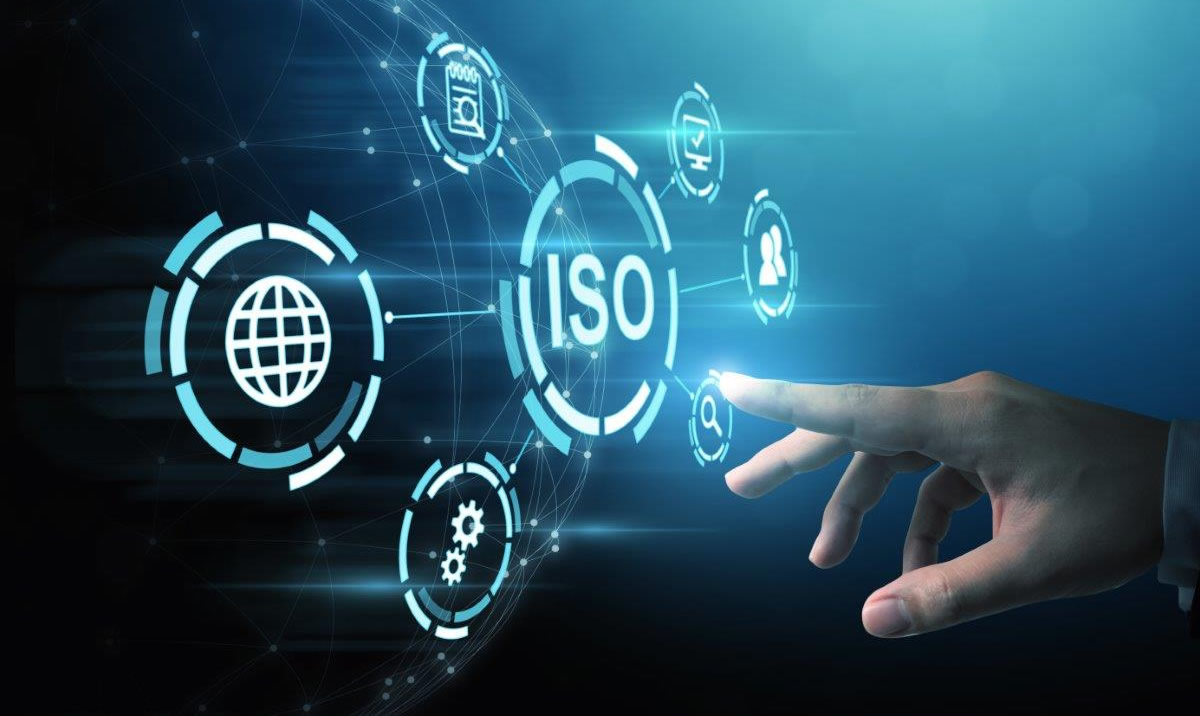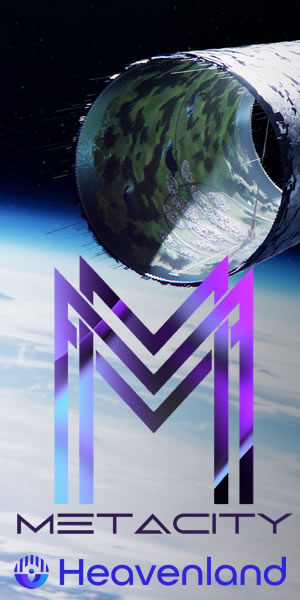
ISO 20022 is a single standardisation approach and guidelines to be used by all financial standards initiatives. ISO 20022 protocol is a standard for electronic data interchange between financial services in the payment industry. It is based on Distributive Ledger Technology (DLT) and uses ISO 20022 as a messaging mechanism.
What does ISO 20022-compliant mean?
ISO 20022 is a single standardisation approach and guidelines to be used by all financial standards initiatives. ISO 20022 protocol is a standard for electronic data interchange between financial services in the payment industry. It is based on Distributive Ledger Technology (DLT) and uses ISO 20022 as a messaging mechanism.
It describes a common platform for the development of messages using:
ISO 20022 is a global and open standard for information exchange, that’s being adopted by a growing number of users in various industires. Following domains already make use of this standard: securities, payments, foreign exchange, cards and related services, straight-through processing (STP), components management or regulatory reporting.
Banks and other financial institutions are under competitive strain to migrate to the ISO 20022 standard.
Being ISO 20022-compliant enables businesses to make fast and efficient payments without having to worry about conversion rates or language barriers. This makes doing business internationally much easier and more streamlined.
It describes a common platform for the development of messages using:
- A modelling methodology to capture in a syntax-independent way financial businesses
- areas, business transactions and associated message flows
- a central dictionary of business items used in financial communications
- a set of design rules to convert the message models into certain standards
ISO 20022 is a global and open standard for information exchange, that’s being adopted by a growing number of users in various industires. Following domains already make use of this standard: securities, payments, foreign exchange, cards and related services, straight-through processing (STP), components management or regulatory reporting.
Banks and other financial institutions are under competitive strain to migrate to the ISO 20022 standard.
Being ISO 20022-compliant enables businesses to make fast and efficient payments without having to worry about conversion rates or language barriers. This makes doing business internationally much easier and more streamlined.




